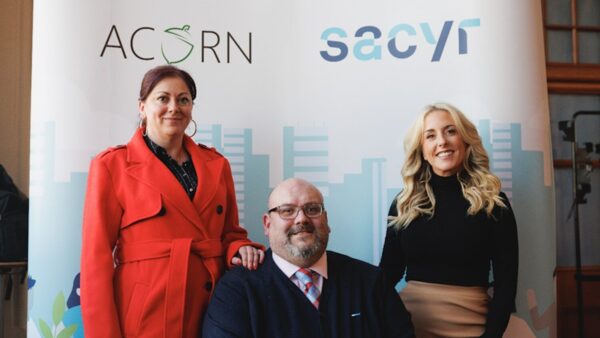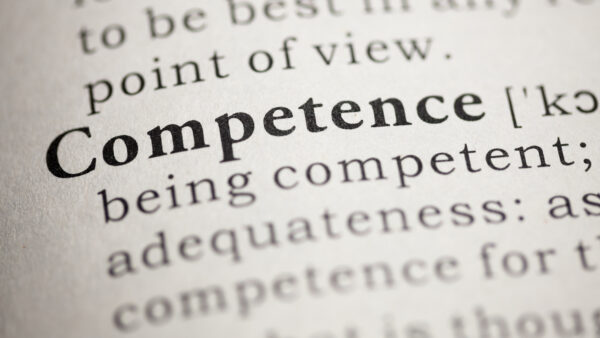Artificial intelligence (AI) and optioneering tools can help project teams reduce inefficiencies and improve productivity
According to the UK Trade Skills Index 2023, the construction and trades industry needs 937,000 new recruits over the next decade.
This is not looking likely.
One contributing factor is the ageing workforce, with more than 35% of the industry’s workforce over 50 years old.
As people continue to age out of the industry, a solution is needed to bridge this rapidly growing skills shortage.
AI is ready to help. By investing in this technology, companies can optimise schedules and manage labour more effectively.
AI can help to reduce the demand for a larger project team and optimise the use of skilled workers, reducing the struggle that many companies are having when it comes to finding the right people.
Optimising workforce schedules
Flexible workforce reallocation can make all the difference to project efficiency and margins.
Traditionally, projects are carried out in a logical, sequential order. If there is a delay at any stage, the workforce on that project can be forced to stop, causing days of wasted labour.
To cut downtime, project managers can assess the available workforce and reallocate team members to specific projects that require similar skill sets.
They can also see which tasks can be delivered concurrently, optimising the use of time and equipment.
With so many moving parts, it can be challenging to fully understand the impact that reallocating the workforce can have on completion dates and costs, even for experienced project managers. This is where technology can really make a difference.
With so many moving parts, it can be challenging to fully understand the impact that reallocating the workforce can have on completion dates and costs, even for experienced project managers. This is where technology can really make a difference
For example, during my time in the field as a civil engineer, the inefficiencies of construction projects were clear: only around 3% of a construction site is worked on at any one time.
That means a lot of downtown for labour and equipment. These shortcomings were costly, and for projects with an already low margin, they were eating into profits.
Project managers can use AI software to help them optimise their project plans and quickly see the impact of reallocating the workforce away from a delayed project.
AI can help them add in different conditions, such as a two-week delay on one task or problems accessing resources, to see the impact.
In addition, AI software can help project managers improve relationships with their stakeholders because they are able to see the time and financial impact of specific changes, rather than making suggestions on their best-guess assumptions.
Implementing technology
Technology will only be beneficial if the workforce and wider stakeholders are willing to adopt new working methods.
Get this right and construction businesses can stay ahead of the technology curve and improve competitiveness and efficiency.
As well as building skills within the current team, this investment in innovation often becomes self-fulfilling as similarly minded people are encouraged to join the organisation.
In this way, companies can beat the skills gap and transform their businesses for the better.
René Morkos is CEO and founder of Alice Technologies.









